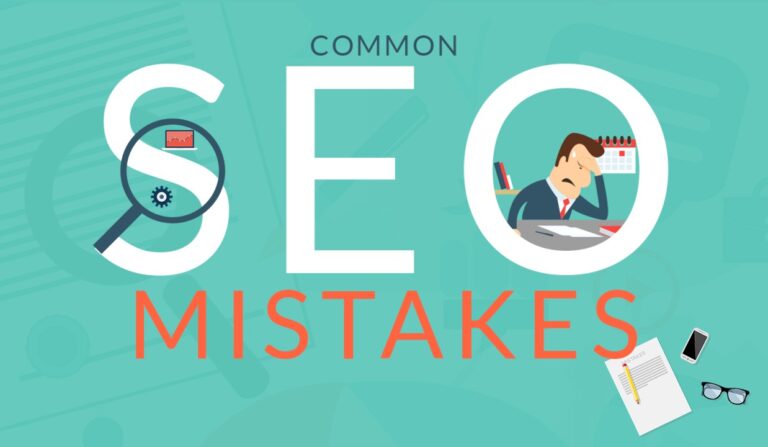
When it comes to ear, nose, and throat (ENT) health, many individuals only seek assistance for issues that feel immediately debilitating. While it’s common to address sore throats, ear infections, or sinus headaches, there are several concerns that can go unnoticed. These often-overlooked issues may lead to long-term discomfort or hidden complications if not found early. This article explores three frequently overlooked problems and the associated signs that shouldn’t be ignored.
Chronic Nasal Congestion and Breathing Challenges
Persistent nasal congestion is often brushed off as allergies, a cold, or environmental factors. People might feel like they’re overreacting by seeing an ENT for these issues. Chronic congestion could signal underlying concerns such as a deviated septum, nasal polyps, or chronic sinusitis. Individuals may experience difficulty breathing, snoring, or wake up feeling fatigued despite sleeping through the night.
Prolonged sinus blockages may lead to recurring sinus infections or discomfort around the eyes, cheeks, or forehead. Those who rely consistently on over-the-counter decongestants may mask symptoms without addressing deeper causes. An effective evaluation can identify structural irregularities or other potential triggers for prolonged congestion. This allows for a more targeted approach to relief.
Tinnitus or Hearing Difficulties
Hearing challenges often develop gradually, making them difficult to notice without direct testing. Tinnitus, a constant ringing, buzzing, or hissing sound in the ears, is often dismissed as minor or temporary. Tinnitus could lead to disrupted sleep cycles, difficulty concentrating, and increased emotional stress. It can also be associated with or without hearing loss.
Hearing difficulties may also go unnoticed for extended periods. People may unconsciously adjust their behavior, such as turning the volume higher on devices or asking others to repeat themselves in conversation. Unaddressed hearing challenges might stem from earwax blockages, fluid buildup, or age-related changes. They may also indicate deeper issues, such as noise-induced damage to the eardrum.
Snoring or Sleep Apnea Concerns
Snoring is a common issue that can impact both sleep quality and overall health. It occurs when airflow is partially blocked during sleep, causing vibrations in the throat. While occasional snoring may not be a concern, persistent or loud snoring can indicate underlying problems like sleep apnea, nasal blockages, or issues with the soft tissues in the throat. If you are experiencing excessive daytime sleepiness or wake up gasping for breath, this indicates a doctor may be needed.
Sleep apnea can lead to serious health risks, including fatigue, high blood pressure, and even cardiovascular problems if left untreated. There are various types of sleep apnea and many options for treatment. If snoring disrupts your sleep or the sleep of those around you, it’s important to seek evaluation. Early intervention can improve breathing during sleep, allowing for better rest and improving your overall well-being.
Find an ENT
Recognizing these overlooked issues can lead to better long-term health outcomes and overall quality of life. Persistent nasal congestion, hearing difficulties, or swallowing issues may seem manageable in the short term but could indicate underlying conditions that require treatment. Seeking guidance from a specialist enables individuals to uncover the root cause of these concerns and access appropriate treatments. If these signs sound familiar, connecting with a skilled professional will be a helpful next step toward improving health and well-being.




